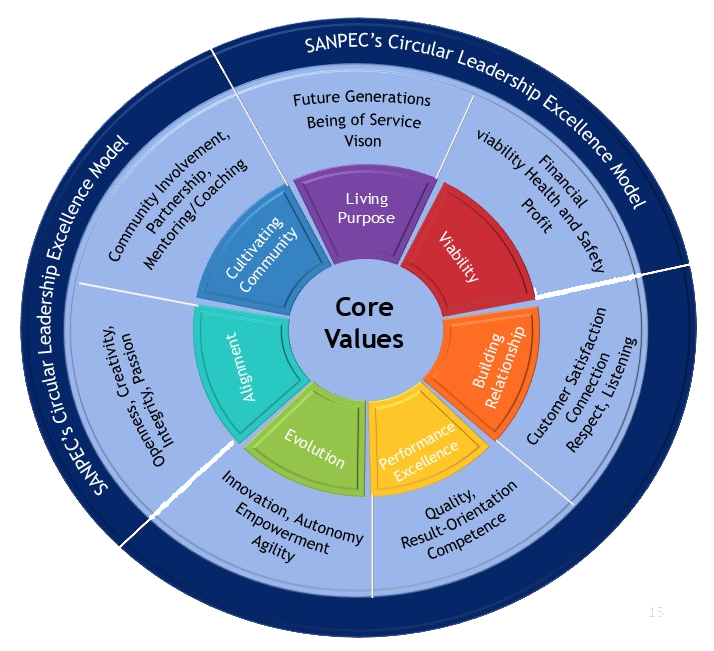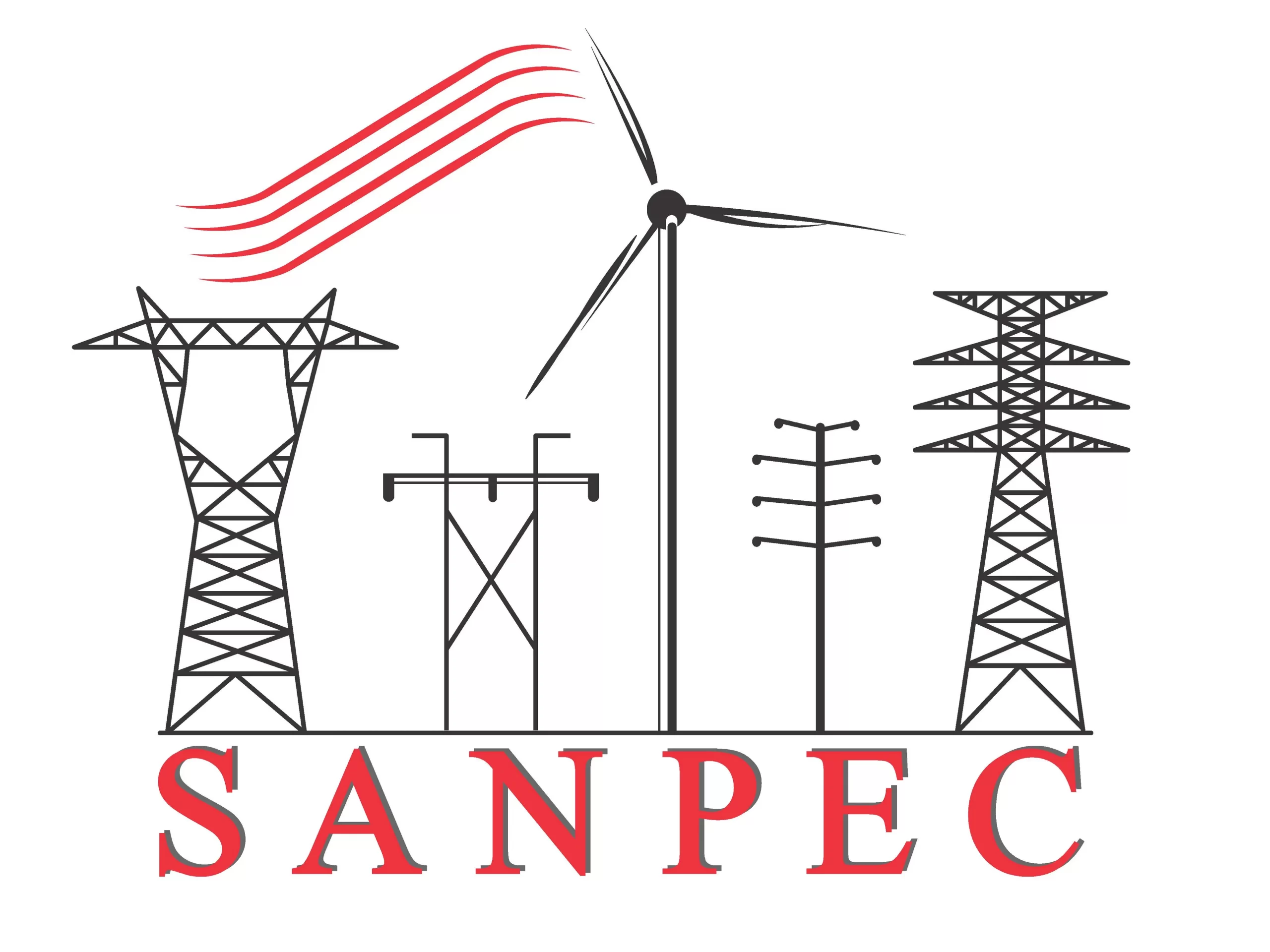Environment
Sustainability is an approach to business that meets the needs of the present without compromising the ability of the future generations to meet their own needs.

Environmental Impact
Responsible management of natural resources and ecosystems to ensure they endure for future generations
Environmental Compliance
Envision Framework
Edit Content
- Improve Community Quality of Life
- Enhance Public Health & Safety
- Improve Construction Safety
- Minimize Noise & Vibration
- Minimize Light Pollution
- Minimize Construction Impacts
- Improve Community Mobility Access
- Encourage Sustainable Transportation
- Improve Access & Wayfinding
- Advance Equity & Social Justice
- Preserve Historic & Cultural Resources
- Enhance Views & Local Character
- Enhance Public Space & Amenities

Edit Content
- Provide Effective Leadership & Commitment
- Foster Collaboration & Teamwork
- Provide for Stakeholder Involvement
- Pursue Byproduct Synergies
- Establish a Sustainability Management Plan
- Plan for Sustainable Communities
- Plan for Long-Term Monitoring & Maintenance
- Plan for End-of-Life
- Stimulate Economic Prosperity & Development
- Develop Local Skills & Capabilities
- Conduct a Life-Cycle Economic Evaluation

Edit Content
- Support Sustainable Procurement Practices
- Use Recycled Materials
- Reduce Operational Waste
- Reduce Construction Waste
- Balance Earthwork On Site
- Reduce Operational Energy Consumption
- Reduce Construction Energy Consumption
- Use Renewable Energy
- Commission & Monitor Energy Systems
- Preserve Water Resources
- Reduce Operational Water Consumption
- Monitor Water Systems

Edit Content
- Reduce Greenhouse Gas Emissions
- Reduce Greenhouse Gas Emissions
- Reduce Air Pollutant Emissions
- Avoid Unsuitable Development
- Assess Climate Change Vulnerability
- Evaluate Risk and Resilience
- Establish Resilience Goals and Strategies
- Maximize Resilience
- Improve Infrastructure Integratio

Edit Content
- Preserve Sites of High Ecological Value
- Provide Wetland & Surface Water Buffers
- Preserve Prime Farmland
- Preserve Undeveloped Land
- Reclaim Brownfields
- Manage Stormwater
- Reduce Pesticide & Fertilizer Impacts
- Protect Surface & Groundwater Quality
- Enhance Functional Habitats
- Enhance Wetland & Surface Water Functions
- Maintain Floodplain Functions
- Control Invasive Species
- Protect Soil Health

Water Use & Management
Balancing Consumption, Reporting, and Conservation
Water is vital for electricity production and various processes, notably equipment cooling. While the majority of our power generation relies on water, we aim to minimize consumption. Most water is returned to its source, with less than 3% lost to evaporation from cooling and flue gas scrubbing. We expect reduced water use with the addition of water-independent wind and solar assets, coupled with the retirement of fossil fuel generation.

Climate Change

Threats on Electricity Grid:
- Frequent Droughts
- Changing Rainfall patterns
- Hurricanes- Coastal areas
- Unusual Snow in Texas
- Heat waves
- Natural Disasters
- Aging Infrastructure
- Supply Chain Disruptions
- Regulatory and Policy Challenges
- Emerging Technologies
Society
Sustainability isn’t just about policies; it’s about a commitment to nurturing the potential, dignity, and happiness of every individual in the workplace. When we invest in our people’s growth, well-being, and sense of belonging, we sow the seeds of success, innovation, and a brighter future for all.

SOCIETY
Fostering Well-Being
Creating a culture of well-being is essential for a thriving workplace. When employees feel supported, valued, and cared for, they are more engaged, productive, and innovative.
Social Impact
Water is vital for electricity production and various processes, notably equipment cooling. While the majority of our power generation relies on water, we aim to minimize consumption. Most water is returned to its source, with less than 3% lost to evaporation from cooling and flue gas scrubbing. We expect reduced water use with the addition of water-independent wind and solar assets, coupled with the retirement of fossil fuel generation.
Societal Well-being Initiatives
Societal well-being: SANPEC contributes to societal well-being through a feedback-driven and dedicated approach to strengthening local community services, improving the environment and emergency preparedness, quality education, community of excellence, and health goals.
Youth Sports: SANPEC is highly involved with local and statewide communities to support quality education, youth sports, and communities of excellence programs through volunteer contributions.
Ecosystem-focused business model: We apply community-focused business models that contribute to the local economies where we operate and create social and environmental value. We use problem-driven adaptive iteration to co-evolve and co-create sustainable solutions. Our leaders are role models for the well-being of our communities.
Strong K-12 support and Workforce commitment: We have devoted our time, money, and resources to support the K-12 communities. The workforce members contribute to the well-being and improvement of the greater Houston communities.



